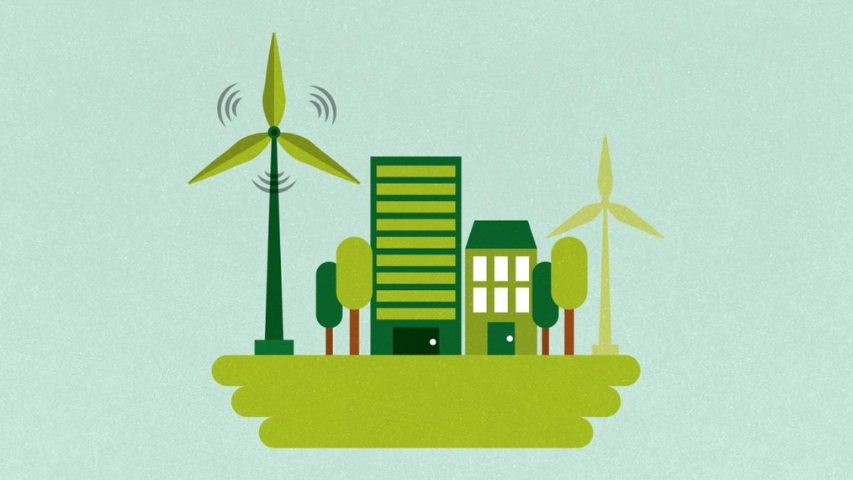
‘Think beyond, solve different’, ways to end the Climate woes
by Shruthi Venkatesh March 18 2019, 4:55 pm Estimated Reading Time: 3 mins, 9 secsThe world is burning and many people across the world are seeking bolder action on climate change by governments, businesses and investors. The UN Environment focuses on the various opportunities in order to change the way we live through the motto “Think beyond, Solve different”. Niklas Hagelberg, a climate specialist with UN Environment says, “While the current scale and pace of action is not enough to achieve sustainability, it is still possible for us to radically reorganize the way we produce, consume and invest” pointing out the ways where we could achieve a sustainable action towards climate change.

Should Care About Energy Efficiency
Agriculture and food
According to UN Environment’s Emissions Gap Report 2018, food systems from production to consumption have the potential to mitigate up to 6.7 gigatons of CO2 equivalent. The UN Environment reports that we need an urgent global food transformation in the next 12 years. This will create an impact on the food waste which will be halved; diets and health will improve through decreased animal protein intake. We also need to incentivize climate-smart and sustainable agriculture and end the current unjust food situation in which over 820 million people are undernourished.
Buildings and cities
On the whole, buildings and construction produce 70% of energy use, where 39 per cent of energy-related carbon dioxide emissions are produced. In the coming years, vast amounts of urban infrastructure are to be built as the migration accelerates between rural to urban. There are huge opportunities to renovate existing buildings, improve building standards, and rethink urban planning such as by providing incentives for mini-grid solutions. We also need to tackle human-induced methane, nitrous oxide and CF11 emissions, and find smarter solutions for cooling, heating and waste management.
Education
Educated women have fewer and healthier children. The UN urges to improve global access to, and education on, family planning. No one should be left behind over economic, social and political inclusion. Education, skills, and awareness-building are essential ingredients for meaningful inclusion.
Energy
We must invest in renewable and stop commissioning new coal-fired power plants. We need to redirect fossil fuel subsidies to incentivize large-scale investment and job creation in renewable energy. At the same time, we need energy efficiency standards for electric equipment (lighting, appliances, electric engines, transformers) and a transition towards efficiency-labelled electric equipment.
Energy finance
Poor countries lack exposure to the seriousness of climate change. Help poor countries mitigate and adapt to the situation. According to UN Environment’s Emissions Gap Report 2018, renewable energy and energy efficiency projects in developing countries could significantly cut emissions by 2020 if industrialized nations made good on their pledge to mobilize US$100 billion a year of climate funding. While the investment is flowing increasingly towards clean energy, it is not flowing at the rate necessary to achieve the Paris Agreement’s goals.
Forests and land use
Take steps to protect and restore tropical forests. To do this we need to scale up investment to halve tropical deforestation by 2020, stop net deforestation by 2030 globally, and raise around US$50 billion per year to reach a target of 350 million hectares of forest and landscape restoration by 2030 in line with the Bonn Challenge. So far, 168 million hectares of restoration have been pledged by 47 countries. Plant more trees on agricultural land and pastures.
Transport
Transport is responsible for about one quarter of all energy-related CO2 emissions. It is set to increase by one-third by 2050. With the right policies and incentives, significant emission reductions can be achieved. For this to happen, we need to put in place vehicle efficiency standards, incentives for zero-emission transportation and invest in non-motorized mobility. For example, the Indian government is prioritizing policies that are helping to shift freight transport from road to rail.




-173X130.jpg)
-173X130.jpg)
-173X130.jpg)
-173X130.jpg)
-173X130.jpg)
_(1)-173X130.jpg)

-173X130.jpg)